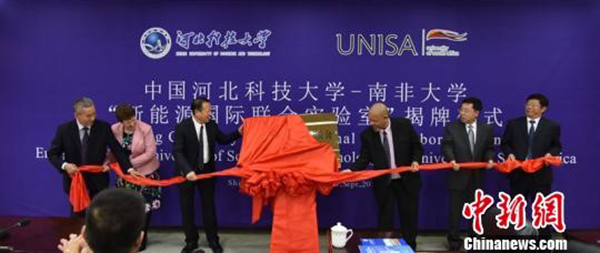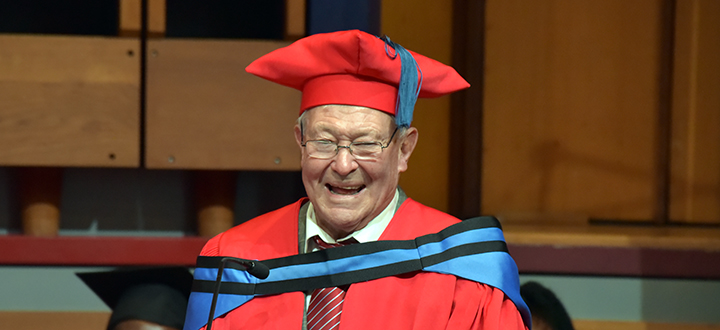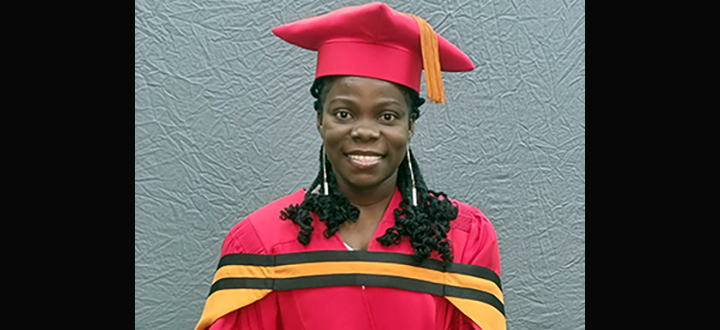College of Science, Engineering & Technology
Unisa in forefront of energy research for Winter Olympics
On 25 September 2018, the opening ceremony of the International Joint Laboratory for New Energy, jointly established by Unisa and the Hebei University of Science and Technology (HEBUST) was held in Shijiazhuang.
The opening of the lab has set up an international academic platform for the researchers in both universities in the research fields of green energy development, environmental governance, and sustainable development.

Prof Mandla Makhanya (Principal and Vice-Chancellor, Unisa) (third from right) and representatives from the Hebei University of Science and Technology in Shijiazhuang, China, unveil the plaque commemorating the establishment of the International Joint Laboratory for New Energy, a partnership between the two universities.
In 2016, Prof Diane Hildebrand, who is the head of Unisa’s Institute for the Development of Energy for African Sustainability (IDEAS), and a member of the Royal Society of South Africa, the South African Academy of Sciences, and the South African Academy of Engineering, was invited by HEBUST to build a joint academic team. The team is going to tackle certain major scientific projects demanded by the 2022 Winter Olympics and the economic development of Hebei province, for example, the utilisation of biomass, environmental protection, energy saving, and emission reduction. The two universities will also promote joint doctoral candidate training.
According to Prof Mandla Makhanya, Principal and Vice-Chancellor of Unisa, the university has made a significant contribution to education and talent cultivation for South Africa and other countries on the African continent. “Unisa is looking forward to the partnership with the Hebei University of Science and Technology,” he said. “Professor Hildebrandt and her team have my full support as they are doing excellent work.”
Yuding Wang, the chairperson of the HEBUST Party Committee, said that the university will develop the internationalisation of education, taking ‘regionalisation, application, and internationalisation’ as the goal of the 13th Five-Year Plan of HEBUST. “We will comprehensively push HEBUST on a progress in the aspects of teaching, academic research, and management, and promote the performance level according to international standards to achieving a sustainable, healthy, and rapid development.”
*Compiled by Sharon Farrell
Publish date: 2018-10-19 00:00:00.0

 Community champion and agricultural entrepreneur extraordinaire honoured by Unisa
Community champion and agricultural entrepreneur extraordinaire honoured by Unisa
 Ghanaian-born Swede earns PhD in Information Sciences from Unisa
Ghanaian-born Swede earns PhD in Information Sciences from Unisa
 Inhlanyelo Hub explores financing and sustainability at the International Conference on Business Incubation
Inhlanyelo Hub explores financing and sustainability at the International Conference on Business Incubation
 Unisa remains anchored among the waves
Unisa remains anchored among the waves